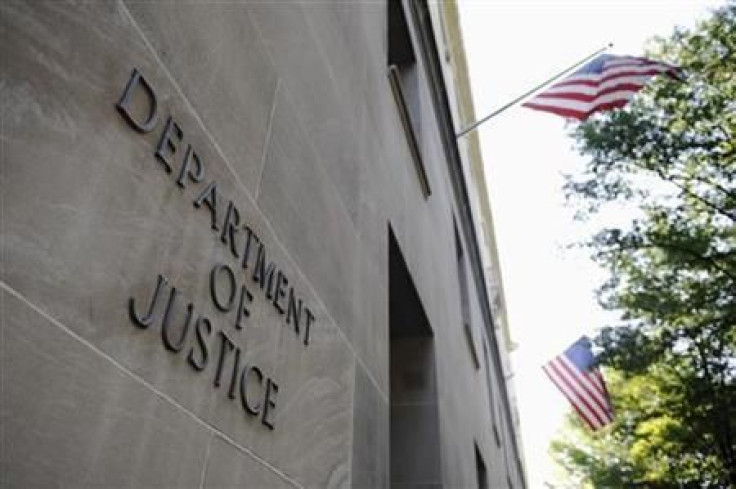Attention Shifts To Moody's After Standard & Poor's Pays $1.4 Billion To Settle Mortgage Crisis Misdeeds

Now that Standard & Poor’s has agreed to pay $1.38 billion to the Department of Justice and a slew of state attorneys general for its role in the 2008 financial crisis, officials are turning their attention to the other major ratings agency implicated in the downturn, Moody’s Investor Services.
Attorney General Eric Holder announced yesterday the end of the contentious dispute over S&P’s ratings of subprime mortgage securities. State prosecutors confirmed to Financial Times that with the S&P case concluded, they are now pursuing Moody’s more vigorously. On Monday, the Wall Street Journal reported that Justice officials had met with executives from Moody’s to discuss its ratings of subprime mortgage deals.
Given the protracted timespan of S&P’s case, however, it could be months or even years before the Justice Department and Moody’s reach an accord. It was exactly two years ago that the Justice Department brought its $5 billion civil complaint against S&P, which alleged that the company had fraudulently inflated ratings of risky mortgage securities in order to protect lucrative deals with the banks that engineered the products.
The 2013 complaint was notable among others brought in the wake of the financial crisis in that it named several S&P employees directly involved in the alleged fraud, some of whom still work at the firm. The DOJ excerpted company correspondences that they claimed showed S&P analysts and executives knowingly misled investors about the quality of mortgage-backed securities.
Justice officials also quoted email messages between S&P employees describing the pressure they faced from competition, including from Moody’s. One executive describes “the competitive threats that Moody's is taking in CDOs” – mortgage-backed products that blew up in 2008 after securing positive ratings from Moody’s and S&P.
There is a silver lining in the S&P settlement for Moody’s, however. Like many firms central to the mortgage-backed securities debacle, S&P escaped charges without admitting wrongdoing or seeing any executives held culpable. The five-page statement of facts released yesterday alongside the Justice Department’s announcement named no specific executives and contained no admission of guilt by S&P.
The statement concludes with an acknowledgment from S&P that the DOJ's investigation did not arise out of retaliation. Lawyers for S&P had long asserted that federal prosecutors targeted the credit-rating agency after it downgraded U.S. debt in 2011. Though spokespeople for Moody's maintain the firm's innocence, the company has not made similarly combative allegations.
© Copyright IBTimes 2024. All rights reserved.












